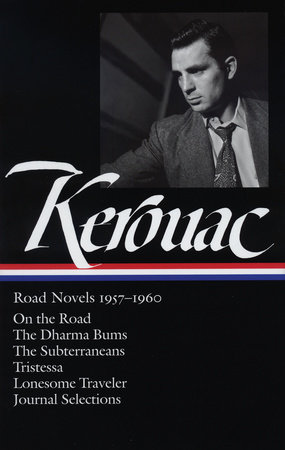fact

The Real Woman
And then I remembered an important event. It happened at a funeral in St. Paul’s chapel for a twenty-four-year-old prostitute who had overdosed in her Gastown hotel room. The small chapel was half full, and very quiet. There were a couple of fresh flower arrangements in front of the cheap, closed coffin. Most of the congregation were other prostitutes dressed in their working clothes, and a few pimps. One woman apologized to Brother Tim for having nothing black to wear, except for lingerie and a leather miniskirt.

The Main
Last summer, during a visit to Vancouver, my nine-year-old son climbed the pediment of a cast-iron traffic-light standard and put his palm on the glowing hand that warns pedestrians to stay put. My mother pointed out afterwards that my photograph of the event contained its own French caption, in the word visible over his shoulder: main.

Letter from Nepal
At first the blackouts in Kathmandu are limited to six hours a week, so in my area we do without lights on Saturday and Sunday evenings. It’s not difficult—candles at dinner, quite charming at first—but then we jump to fifteen hours a week without power, then to thirty-six hours, all within ten days. The govern

Re-hanging the National Wallpaper
When I lived in Ottawa in the 1970s, I used to enjoy passing lazy afternoons at the National Gallery looking at the pictures. I remember how surprised I was when I first encountered the Group of Seven collection. These paintings were completely familiar—I’d seen them in schoolbooks and on calendars, posters, t-shirts, everywhere—yet at the same time they were completely unexpected.

Rainer Maria Rilke and Lou Andreas-Salomé: The Correspondence
Rainer Maria Rilke and Lou Andreas-Salomé: The Correspondence (Norton) collects all of the extant letters exchanged by Rilke and Andreas-Salomé , a patron and fellow author, and (as the jacket copy describes her) “a key fin de siècle intellectual.”

Reading Writing
The French writer Julien Gracq, who will be ninety-seven this year, is a living link to the era of Louis Aragon and André Breton. Gracq has avoided the kind of recognition that most modern writers crave (he refused the Prix Goncourt in 1951), and his body of work is little known on this continent.

The Criminal Prosecution and Capital Punishment of Animals: The Lost History of Europe's Animal Trials
Receiving books for Christmas raises the question: What possible reason did anyone have to give me this? ... This year it was my uncle's turn: why exactly did he send me a copy of The Criminal Prosecution and Capital Punishment of Animals: The Lost H

The Captain Is Out to Lunch and the Sailors Have Taken Over the Ship
The Captain Is Out to Lunch and the Sailors Have Taken Over the Ship is the latest of Charles Bukowski's posthumously published books, of which there are at least five in the world (and possibly still more to come from the estimable Black Sparrow Pre
















.svg)



















.svg)












































.jpg)